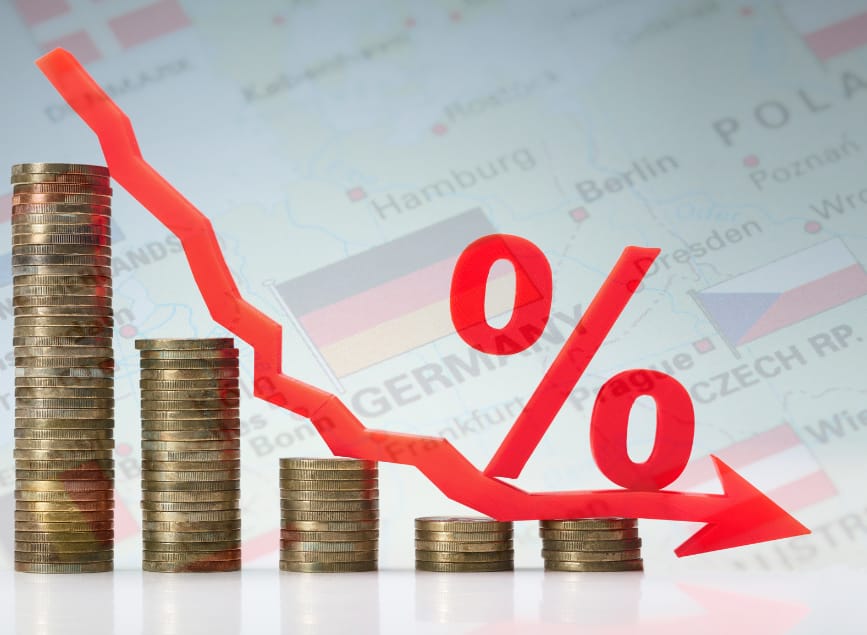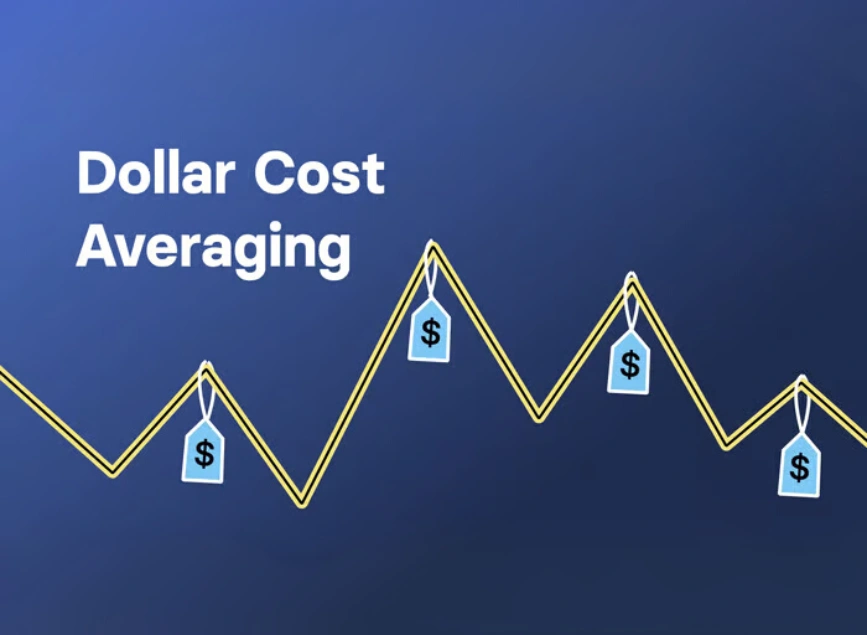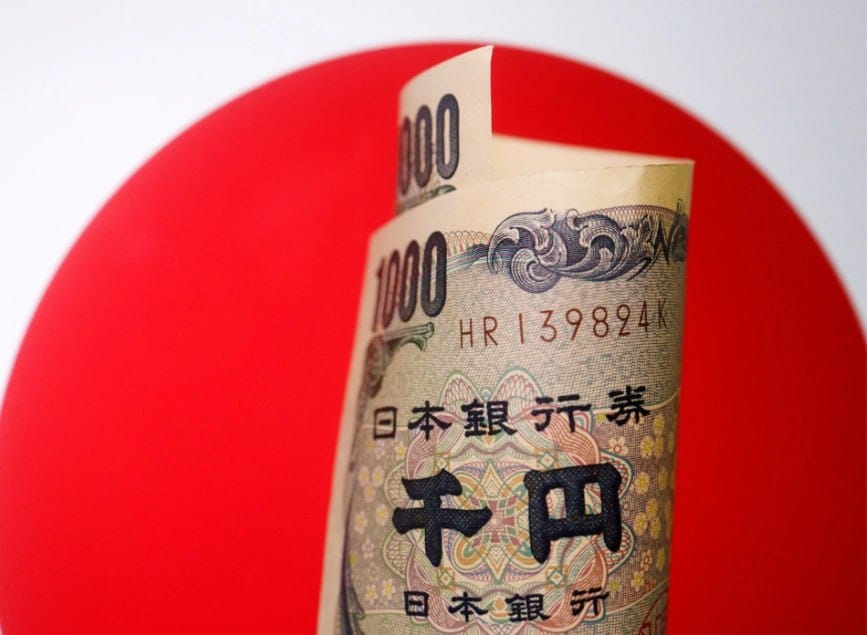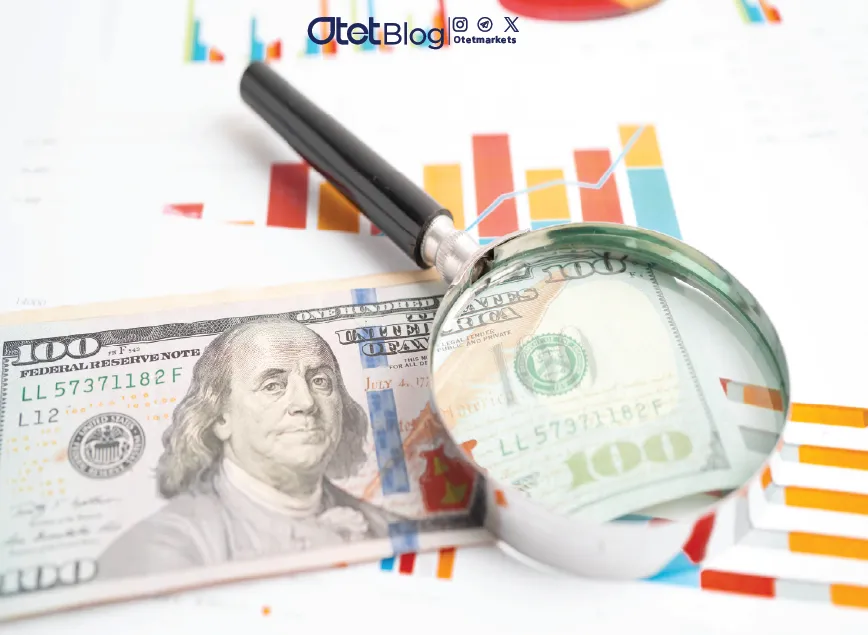
Germany Inflation Rate
Germany’s annual inflation rate fell to 1.6% in September 2024, the lowest level since February 2021, marking a continued slowdown from 1.9% in August. This decline was primarily driven by falling goods prices, particularly a sharp drop in energy costs, contributing to the overall easing of inflation pressures.
Goods and Energy Prices Drive Decline
The decrease in inflation was largely attributed to a 0.3% drop in goods prices, with a significant 7.6% fall in energy costs leading the way. The drop in energy prices reflects both lower global energy prices and improved domestic energy supply conditions. Meanwhile, food prices saw a modest increase of 1.6%, providing a slight upward pressure on the overall inflation figure.
Services Inflation and Core Inflation Trends
Inflation in the services sector also moderated, with the rate easing slightly to 3.8% from 3.9% in August. Meanwhile, core inflation, which excludes the more volatile food and energy prices, dropped to 2.7%, the lowest since January 2022. The decline in core inflation suggests that underlying price pressures are easing across various sectors of the economy.
Monthly CPI and EU-Harmonised Inflation
On a monthly basis, Germany’s consumer price index (CPI) remained flat in September, following a 0.1% decline in August. Additionally, the EU-harmonised inflation rate dropped to 1.8% year-on-year and fell by 0.1% month-on-month, reflecting a broader easing in inflation across the Eurozone.
Outlook for Inflation in Germany
The continued decline in inflation, particularly in energy and core inflation, suggests that price pressures are easing in Germany’s economy. This could provide some relief to consumers and businesses after an extended period of elevated inflation. However, factors such as food price increases and global market uncertainties will continue to play a role in shaping future inflation trends.
Germany’s annual inflation rate fell to 1.6% in September 2024, driven by significant drops in energy costs and a broader easing of price pressures across goods and services. With inflation now at its lowest level in over three years, Germany’s economic outlook points to moderating inflation as a key theme for the near term.
Share
Hot topics

Best broker for gold trading
There’s always been a certain magic about gold. Before online charts and trading applications, people stored their wealth in coins and bars, trusting that gold would retain its value during...
Read more




Submit comment
Your email address will not be published. Required fields are marked *